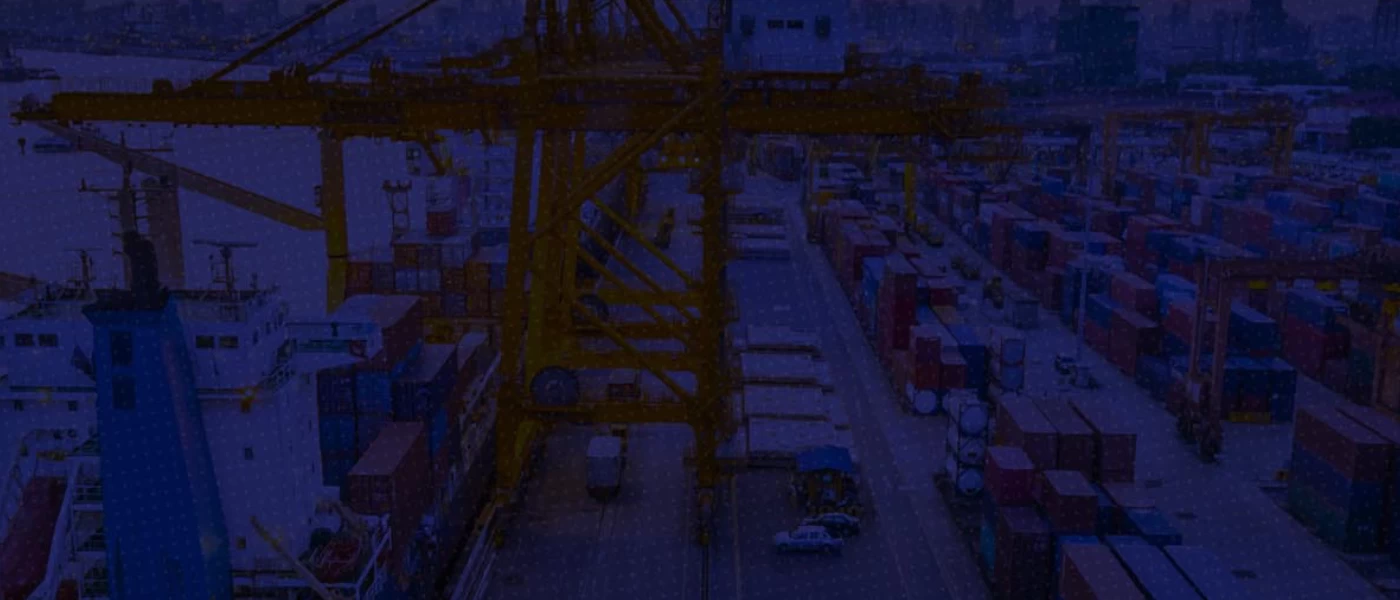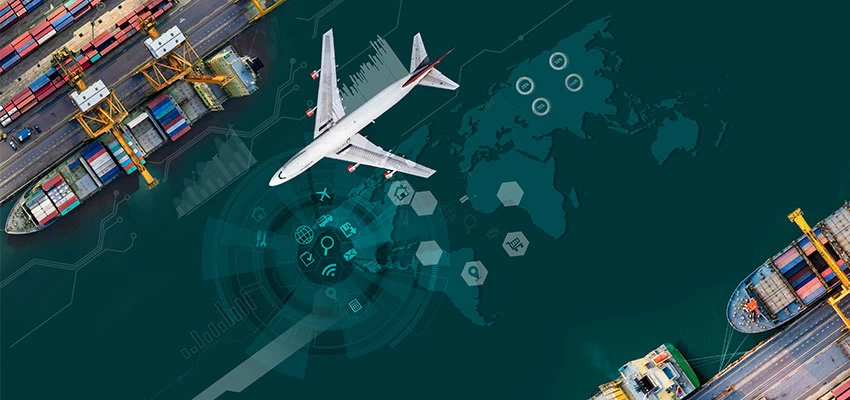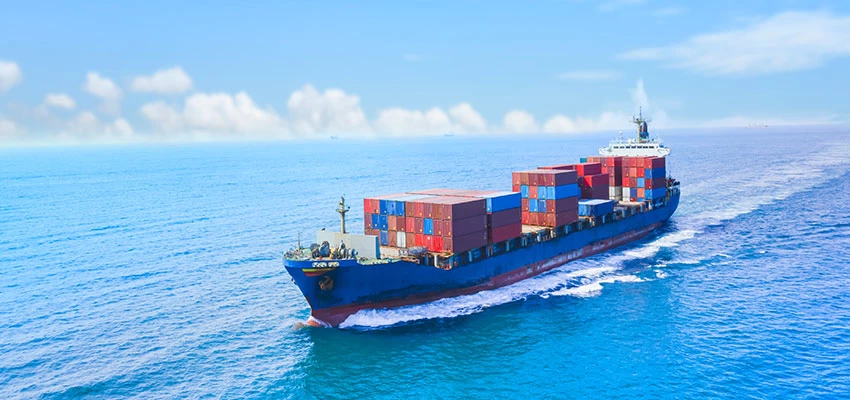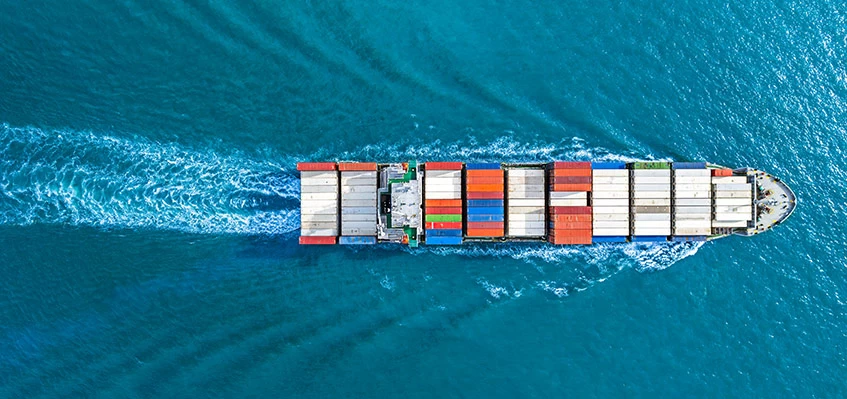An important facet of trade remedy investigations, especially, anti-dumping and countervailing duty investigations is that if a producer/exporter from the country facing such investigation fully ‘cooperates’, the investigating authority in India acknowledges this and awards a duty basis the data presented by such party. On the other hand, non-cooperation leads to rejection of data and the duty applicable would be the highest on such producer/exporter under the ‘All Others’ category.
The aim of this article is to broadly explain what constitutes ‘cooperation’ and what are the guidelines which a producer/exporter may keep in mind to ensure that their participation is treated as ‘cooperation’ by the Indian investigating authority, namely, the Directorate General of Trade Remedies (‘DGTR’). The recent final findings issued by the DGTR in the anti-dumping investigation concerning imports of ‘New Pneumatic Radial Tyres of rubber for buses and lorries, with or without tubes and/or flaps’ from Thailand[1] would be useful for this discussion.
The DGTR initiated this investigation on 2 December 2019. Normally, interested parties are allowed 37 days from initiation to submit their responses. In this case, interested parties were granted an extension of time and allowed to submit their responses by 24 January 2020.
A producer/exporter is required to respond to two formats – i) a narrative format where certain questions are required to be answered concerning the corporate structure of producer/exporter, transaction channels, description of the product produced by them and exported to India, accounting policies, cost of production, etc. and ii) an MS Excel format where data needs to be reported concerning the producer’s/exporter’s home market sales for the product under investigation, exports to India, cost of production, profitability statement, expenses incurred, etc. Trade remedy investigations are time-bound and therefore, it is very important that both the formats are responded to in a timely manner within the prescribed time-limit.
For determining dumping margin, the DGTR wants to ascertain the producer’s/exporter’s home market price at ex-factory level and the ex-factory export price to India. The difference between the two shall reveal the dumping margin. The DGTR also wants to ascertain the actual cost of production to find out whether the home market sales and export sales are above the cost of production and whether the producer/exporter are earning a reasonable profit on such sales. There are more intricacies as well, but for now, this basic understanding shall enable the reader to appreciate what weighs on the DGTR’s mind while considering whether to treat a producer/exporter as ‘cooperative’.
In the above case, many producers and exporters from Thailand had participated. Except for one, all the other producers and exporters from Thailand were treated as non-cooperative by the DGTR. Without naming the parties who were treated as non-cooperative, for better appreciation, let us understand the facts and the DGTR’s reasoning for treating such parties as non-cooperative.
Producer-Exporter value chain 1
Facts – In this value chain, there were two producers and one exporter. The authority found that both the producers had not filed responses separately to questionnaire formats. Rather, they had filed a single response. Both producers had not provided separate information for their respective home market sales as well. Further, both these producers had not provided any information regarding the cost of production and expenses. Further, their exporter had submitted blank formats.
DGTR’s findings – As both the producers had not provided separate information and the exporter had submitted blank formats, the DGTR treated this value chain as non-cooperative. The DGTR also held that mere verification of information should not mean that the deficient data had been accepted by the DGTR.
Producer-Exporter value chain 2
Facts – In this value chain, the producer had provided information regarding its home market sales, export sales and cost of production. However, the unaffiliated exporters based in Dubai that accounted for more than 30% of exports to India had not submitted their responses in the investigation.
DGTR’s findings – As the export value chain was incomplete due to no participation of Dubai-based exporters, the DGTR treated this value chain as non-cooperative. Even though the producer requested that it should not be penalised as it could not have forced the exporters to cooperate, the DGTR refused to accept this reasoning by the producer.
Producer-Exporter value chain 3
Facts – In this value chain, the producer failed to provide cost of production data to the DGTR even though in the narrative response, the producer had made a statement that it had provided such information to the DGTR.
DGTR’s findings – As the DGTR could not ascertain the cost of production and could not determine whether the home market sales were above the cost of production and profitable, the DGTR treated this value chain as non-cooperative. The parties, however, argued that they had submitted the relevant information within six months of initiation and since the DGTR had also verified such information, the belated information should not be rejected. The DGTR reasoned that it was during the verification of information that it had found that the cost of production data was not originally submitted within the extended timelines until 24 January 2020. The DGTR refused to accept such information at a belated stage and held that mere verification of information should not mean that the delay in submitting the information was condoned by the DGTR.
Producer-Exporter value chain 4
Facts – In this value chain, the DGTR found that the cost of production data reported by the producer was highly deficient. Further, the exporter had sold the goods to a related party in India and the related importer was required to provide information regarding resale to customers in India, which it had failed to report.
DGTR’s findings – As the DGTR could not: i) ascertain the cost of production of the producer, ii) determine whether the home market sales were above the cost of production and profitable, and iii) ascertain the resale price of the goods in India, the DGTR treated this value chain as non-cooperative.
Certain important aspects emerge from the DGTR’s observations in this case, which are as follows:
- Each producer and exporter must separately respond to both the questionnaire formats. While related parties may feel that consolidated information in a common response would help them better present their information, the DGTR on the other hand requires such information in separate responses.
- It is imperative that cost of production data be provided to the DGTR by a producer. Failure to do so shall be fatal to its cooperative status.
- It is vital that the questionnaire response is submitted with the DGTR within the prescribed timelines. Failure to do so shall be fatal to the cooperative status of such party. Any belated submission without permission from the DGTR would be treated as unsolicited and rejected by the DGTR.
- Where exports are made through related or unrelated exporters/traders, it is imperative that they also separately respond to the questionnaire formats. Otherwise, the DGTR would treat the producer-exporter value chain as incomplete and non-cooperative.
- Where exports are made to a related party in India, it is important that the importer in India also cooperates and provides data for resale of the goods.
- Just because the DGTR decides to carry out verification of the data submitted by the producer/exporter, it does not automatically mean that the DGTR accepts such information and condones any delay in submitting such information.
- Any responses that are submitted by a producer/exporter at a belated stage when the timelines have already lapsed are treated as unsolicited by the DGTR and there are very high chances that such belated information would be rejected.
- Most important, it is imperative that the parties clarify right at the beginning of the investigation the relevant timelines and ensure that the questionnaire formats are submitted with the DGTR within such timelines.
While the above list is certainly not exhaustive, the author hopes that this discussion guides interested parties regarding the basic steps that must be taken to ensure that their efforts lead them to ‘cooperative’ status in trade remedy investigations.
[The author is a Joint Partner in International Trade Practice, Lakshmikumaran & Sridharan Attorneys, New Delhi]
- [1] Final Findings F. No. 6/30/2019-DGTR (Case No. OI-22/2019) dated 27 November 2020 available at http://egazette.nic.in/WriteReadData/2020/223376.pdf.












